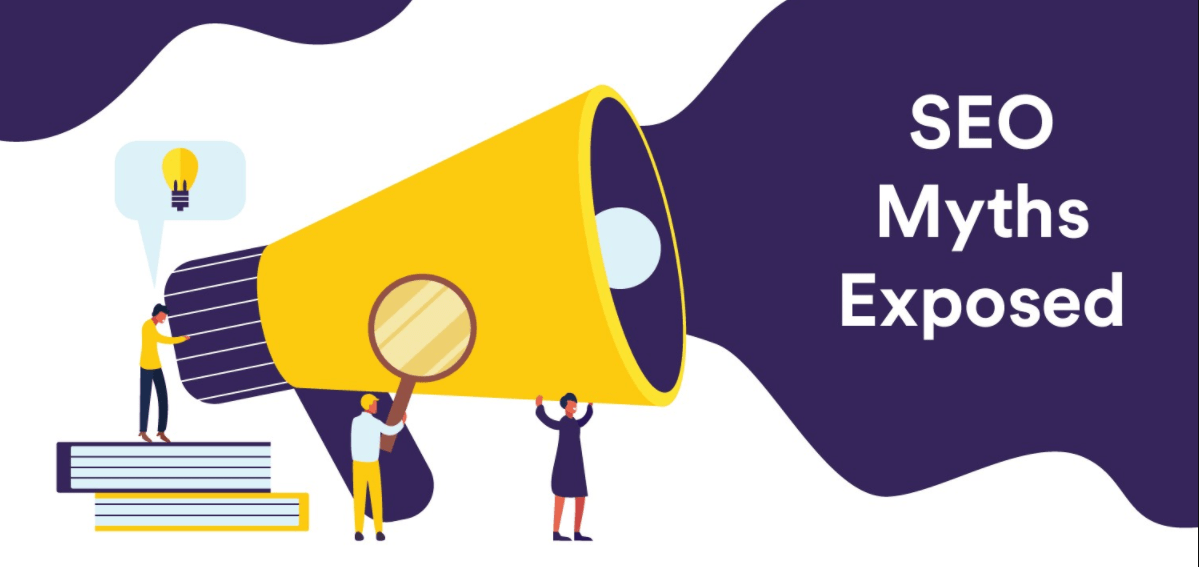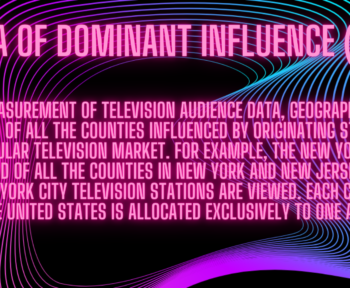SEO is notorious for misinformation, myths, and misconceptions. This is no small part of the fact that Google has been somewhat of a black box to try and limit gaming on SERPs.
In recent times, however, Google has taken significant steps to become more transparent through increased activity in the SEO community.
Whether it’s simple webmaster hangouts, speaking at conferences, or practical metaphors on Twitter, the likes of John Mల్లller, Gary Elias and Danny Sullivan at Google are helping to dispel the myth of SEO with facts.
To further dispel these myths, I have listed the 40 most common myths about Google and SEO and why they are wrong.
Table of Contents
Myth # 1: Only first rank is important
Many e-books and other resources used by business owners emphasize the need to be at the top of search results, even in places like Google search, other engines, or social media. But surveys show that people often see other results and scroll down the page. For example, being on top of another page can be very beneficial to traffic.
Also, search ranking is only one part of the puzzle. Now Google also puts other results on the page, such as social recommendations and local results, which means there are still many avenues open for you and being in the first place is no more important than ever.
Myth # 2: You can do SEO without outside help
Doing SEO means that you follow certain methods and procedures to increase the chances of web users visiting your site. It is true that anyone can learn these techniques and if you have a website and want to do your own SEO, you can take the time to learn and apply those techniques.
But SEO is complex and touches on many areas such as online marketing, coding, technology along PR skills. Most business owners do not have everything they need to do a good job at SEO and hence there are many agencies that support it. A simple IT worker or online marker is often not enough if you want really good results.
Myth # 3: Meta tags are very important
The META tag is required to rank every page on your site. They are small pieces of code that provide Google with a list and definition of keywords. Search engines rely on them to find out what your website is about. Now, however, they do not affect your ranking at all. Both Google and Bing stopped caring about meta tags for indexing sites. However, they are not useless. For example, your description tag is a text that often appears next to links that appear in search results, so it’s still a useful function.
Myth # 4: Keyword-rich domain names rank high
Nowadays, the URL you use is very important. Google places great importance on domain names, and if you find a name that holds your keyword, you’re a huge advantage over other sites. That is why in the late 90s many companies bought domain names for a lot of money. But now, the indexing process only looks at the actual content of your pages and not the domain name. That name is still important because people still see it, but it does not give you a high rank.
Myth # 5: You need to submit your site to Google or other search engines

All search engines have URL submission forms where you can submit your site to Google and others. In fact, they still do, but that process is unnecessary. The crawlers that now use these engines are so sophisticated that any new site will be discovered in a few days if not hours. You only have to worry about submitting your site if it does not index automatically after a few days for some reason.
Myth # 6: Submitting a sitemap will increase your ranking
Google provides a webmaster interface and from there, you can submit a sitemap, an XML file that contains links to every page on your site. Some site owners take the time to submit such a file every time it is modified, but this is not required. Submitting an XML sitemap does not change your ranking, it only serves to add pages that are not already indexed. If your site is specific and all pages contain links, this is not required.
Myth # 7: SEO has nothing to do with social media
Before the advent of Facebook and Twitter, SEO was the only technique to get traffic organically. But now, social media is everywhere and the line between the two is becoming more blurred. Although some marketers still regard SEO and social media as different animals, the truth is that they are very closely related. For example, Google now includes its own social network, Google Plus, in its search results.
If you can find enough influencers to talk about your product and link to your site, their recommendations will show up in any Google search results their friends do. This clearly affects SEO. Facebook, on the other hand, has recently started going after a search by introducing an open graph engine that searches based on friends and interests. So the two domains are closely related and they are getting closer from time to time.
Myth # 8: Google does not read CSS files
Google bots are very old and just look at the text, so many people focus on the text on their websites. But now that engine is very advanced and it reads Javascript, CSS, and more. The crawler can see for sure if your site presentation is appealing to customers. For example, if someone searches on a mobile device and your site do not have a mobile layout, you may be lost.
Myth # 9: You need to update your home page from time to time
Some people think that updating their home page content from time to time will give them a higher ranking or lower their rankings if they do not update it. In most cases, this will not happen because if you have a sales page that offers a product, there is no reason to update that page unless something changes about the product and Google expect it. Is.
Myth # 10: H1 headers are more important than the rest of your text
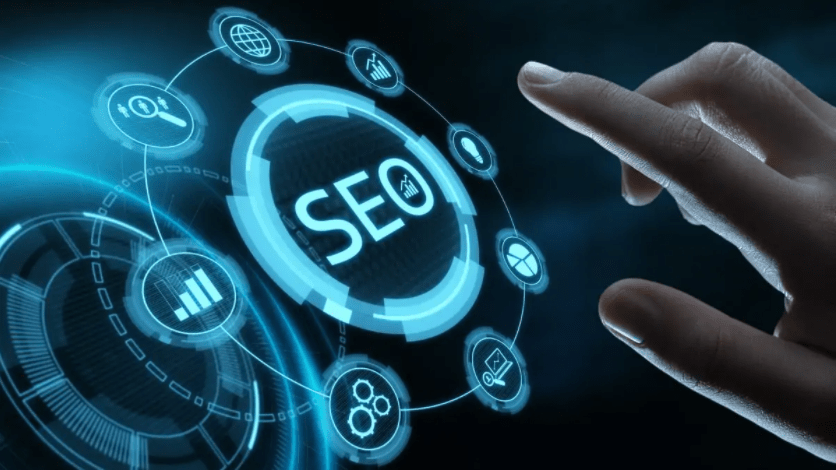
Google and other engines look at your page structure, but you should realize that most sites are designed very differently. Also, one particular tag may not have more value than another. The H1 tag is the header that corresponds to the CSS entry for the user to view your page in a specific way. Google will not rank your page differently if you use the H2 tag instead of or your keywords
Myth # 11: Linking to other highly ranked sites will help you in your ranking
Some sites try to link to many other top authority sites to help with their rankings, but it does not help at all. Google uses PageRank to determine how your site is ranked, and this algorithm only depends on how useful your site is to others and how many more links it makes to you. . It does not matter if you reconnect to them or not. Otherwise, any site can reach the top by simply adding millions of sites, which it does not.
Myth # 12: Using automated SEO methods is always spam
Most people use automated SEO methods that do not fall into the realm of spam. Most companies have very large sites and use automated scripts to do the most serious SEO work. Whether a method is a spam or not depends on its outcome and how automated it is.
Myth # 13: PageRank is the only important factor
PageRank is an algorithm used by Google to rank sites, which determines how useful the site is to others. But as Google says, the result also takes suggestions from hundreds of other inputs. Some of these inputs are easy to view, for example, others on Google Plus recommend your site. This proves that PageRank alone is not important. The company has opened its mouth about how many inputs there are and how important each one is, but it is clear that much more is happening than just PageRank. At the same time, it is still widely believed that PageRank is the most important factor and the PR1 page is always better than PR3.
Myth # 15: The title tag is hidden from search engines
Everything that Google sees on your site is text visible to users, such as text that appears on the screen and is rendered in a web browser. As such, it is easy to assume that the title was not taken. However, your headline is very important for SEO because it is the text that appears on the link that people click on. Not only does Google use it to help rank you, it’s also visible when people click on your site.
Myth # 16: Consumption does not affect SEO
The whole purpose of SEO is to drive traffic and keep people on your site so that they can have fun or buy your products and services. As such, SEO is very useful because it makes a difference whether someone stays on your site longer. If your site is difficult to access or navigate, it is easy for people to move on to the next search result. Additionally, search engines look at layout and usage. If your site is difficult for your visitors to navigate, crawlers will also find it difficult and low usage will definitely affect your ranking.
Myth # 17: The.edu and .gov backlinks are the best
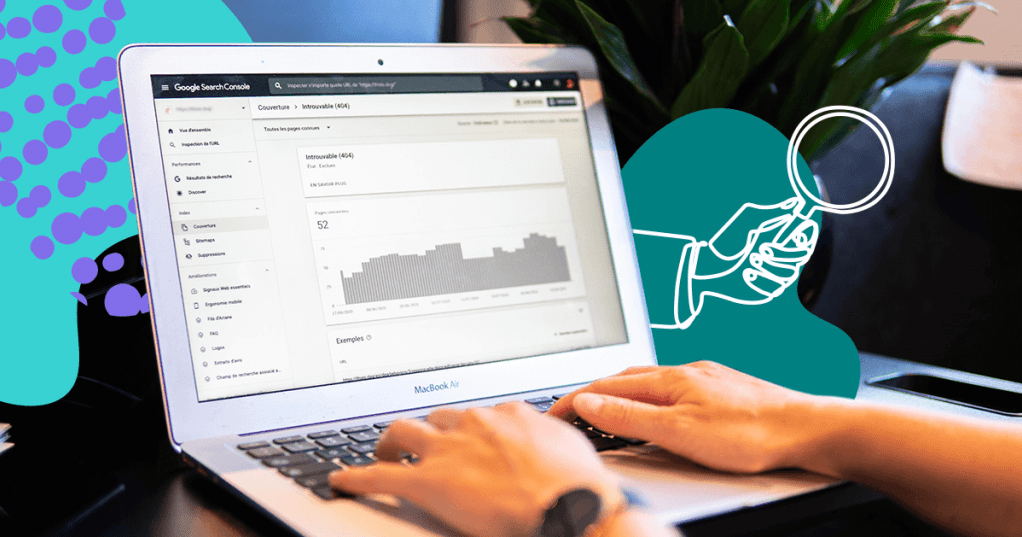
Most .edu and .gov sites have a good rank and are highly authoritative because they do not contain the official sites and spam that are normally maintained. However, this is only a by-product of how they continue without any guarantees. The simple fact that they have a domain ending in .gov or .edu does not help your ranking at all. If you have a backlink to one of these sites, the more authority that site has, the better. You can get nothing because it is an educational or government site. Posting a backlink on the obscure.edu site will not help you any more than posting on an obscure blog.
Myth # 18: SEO is based on the number of links a site has
Believing that there should be as many backlinks as possible for SEO campaign success is a misunderstanding of how rankings work. Any ranking algorithm, be it Google, Bing, Facebook, etc., ranks sites based on many different factors. In order to have successful SEO, you need to consider all these factors, and having a lot of links is just a small part of the puzzle. Additionally, each link has its own quality value. Often, a link from a popular news site that talks about your product are worth more than spamming hundreds of links from unknown blog sites.
Myth # 19: Backlinks are more important than content
SEO usually costs time and money, so it is unrealistic to think that you can do everything possible in every aspect of online marketing. So often you have to make a choice and be tempted to focus on link building instead of some content. However, the goal of SEO is to deliver good traffic to your site. Quality is important, not just quantity. Lack of good content means your site will not be valued by anyone and will quickly lose any of the benefits this extra link has provided you. In fact, the most useful backlinks are usually not the ones you direct access.
They are the celebrities in your niche, news sites, and reviews of those who have already talked about your product. By having good content, those links actually come automatically via PR or word of mouth. But the group of backlinks in a low authority blog will not help you much and the rankings you can get from those sites will not last long until you clean those links. Instead, focus on your audience and try to figure out who you are writing for. By creating good content, you are helping your site more in the long run.
Myth # 20: Paid links will be banned from Google
There are many ways to get links and some of them are in the form of paid ads. But not all paid links are always bad depending on how the payment is made. For example, many sites, including Google, offer advertising services. You can buy advertising on AdWords, you can switch to another ad network and many sites offer their own advertising services. While some of them may not give you any rankings, others may and may not be valid. You may not be barred from paying for a site that focuses on your niche to place the link in a strategic location, though you should remember that those methods exist. The best way to remove your site from the index is to buy low-quality links in bulk.
Myth # 21: All you need is good things
Building an army of links will not help you keep the traffic for long, good content and nothing will suffice. Most people agree that good content is the key to having a successful site. By making attractive, useful posts for your visitors, you can ensure that they want to come to your site and stay there longer. However, just making it is not knowing it. Even a very good site needs some SEO to bring in traffic. Branding is very important to any site and bringing out your brand through SEO is the only way you can track that content. Your articles and posts should be associated with good up-and-coming signals and include a number of specific SEO practices that can rank you in search engines so that people can find your content.
Myth # 22: Google actively imposes fines on certain sites
Anyone who has done some work in SEO was shocked at some point to see a strange drop in the rankings. You seem to have made no mistake, you have accelerated all your marketing efforts, yet Google has decided to rank you. It’s easy to assume that your site has been fined in some way, but it’s not often. Google has made it clear that it will only penalize sites that actively violate their Terms of Use by following unethical practices, such as spamming users. In most cases, the problem lies elsewhere.
Things done by sites other than you may be a factor. For example, your competitor may have received a large number of links because they appeared on a popular TV show. Another reason is that if Google changes some of its internal algorithms, this happens too often and can be devastating to some sites. Most people remember the Panda update that changed the rankings of millions of sites. Unfortunately in these cases, the root cause can be very difficult to find and address and you may have to work harder in SEO to get your ranking back. Prevent temptation to go for spam methods or blame Google for it.
Myth # 23: Google AdWords prefers you
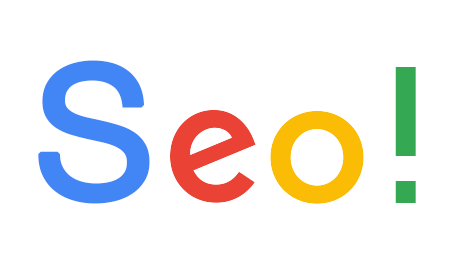
Adwords is a very useful program from Google, where you can place ads on other sites to place your own ad. It should be part of any online marketing campaign. However, AdWords will not help you increase your ranking. Because some people pay Google, they think they’re a priority in organic search, but it’s not. On any particular search page, you can easily see that organic results are different from paid ads. The PPC Advertising Campaign gives you a ranking that allows you to look at the advertising side of the page, but it does not affect your ranking in any way.
Myth # 24: SEO only works once
Most sites make this mistake. The site is new and when it is just built, the owners will invest in doing some SEO and then think everything is done. But like marketing in the real world, SEO is not something you can do all at once. Instead, it is an ongoing process that must be done over a long period of time, often throughout the life of the site. Because the web is not a written encyclopedia, it is a constantly changing medium. New competitors appear search engines change their algorithms, new marketing opportunities appear and links that are good may become obsolete and are no longer as important. By constantly monitoring your SEO efforts, you can focus on new techniques that will keep your rankings from falling and prove that you work better.
Myth # 25: SEO companies can get guaranteed results
This is a very common but completely bogus claim that some marketing companies want to use. They claim that using their methods guarantees your results. But the truth is, no one can claim that a particular method is foolproof, for the same reason SEO will not forget after you do.
Everything changes online and what works best you never know when it will stop working. Some strategies are clearly better than others, but none are guaranteed. In addition, if there is a magical way to get a high ranking, you can be sure that it will leak at some point, and then everyone is using the same strategy, making it useless.
Myth # 27: Internal links for SEO do not matter
Most people think that linking only goes to backlinks and focuses only on linking other sites to their own pages. As search crawlers try to work as close as possible to the general web viewer, as important as your site layout is, internal linking is also important. If your site has poor internal navigation, Google can detect it and find you. Spend the time needed to create good internal links and an easy-to-use navigation system for your site. This is easy to do and you should not skip this step.
Myth # 28: Facebook likes or tweets are the first thing in SEO
Today social media plays a major role in how people find information on the web and the codes sent through these sites are transmitted into search engines in real-time. No modern business should ignore social media no matter how much time people spend on Facebook or Twitter. However, no social site is even the holy grail of SEO. Although it is very important to get Facebook Likes, it is not much compared to many other methods that can be used.
Additionally, while most people spend a lot of time on social networking sites, they do so to talk to friends and do not buy the product, so there are arguments that the benefits of likes are still not understood. Benefits of getting a good rank on Google. You should not ignore traditional SEO and focus only on social media.
Myth # 29: Keywords are no longer relevant
Sites are built with a bottom paragraph full of keywords to attract more traffic using what is known as keyword stuffing. In recent years, savvy marketers have realized that it is no longer necessary, in fact, it is increasingly discouraged by search engines. However, this does not mean that keywords are still not very important. Even if you do not fill in the keywords on the page, it is still important to get a good percentage of your keywords in your actual text. When someone searches for a specific word on Google, the time it takes for that keyword to land on your page is even longer.
Myth # 30: Using headers will improve your ranking
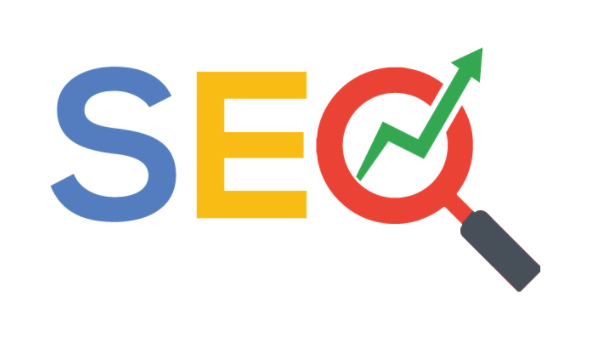
Header tags like H1 or H2 are important because search engines look at the layout of your site, so you need to have understandable headers and your keywords so that search engines know what the content is about. However, it does not matter the size or style of these titles like the CSS logic you use because Google and other search engines are interested in content and usage rather than artistic style.
Myth # 31: Keywords must match exactly
It is true that words typed by people in search engines must match, but there are arguments for using words other than the keywords you have chosen. For example, many words have many synonyms and people type those synonyms from time to time. By using a large selection of keywords, you can accurately capture those searches as well. Also, keywords bring your site up in the results, and whether someone clicks on your link depends on what the title of that link says. By having a clever title that people want to click on, you get more than just repeating a list of keywords.
Myth # 32: PageRank does not matter now
As Google began to become the first search engine and everyone focused on good rankings, PageRank became the first criterion every marketer followed. This was an input metric and may still have a significant impact on the rankings, but the company has repeatedly stated that sites are ranked not just on page rank but on hundreds of different metrics. . As a result, some people have stopped caring about the PR rankings. However, this does not mean that PageRank is no longer relevant. While it is true that you want to see other things, you should also note your page rank.
Myth # 33: Google Analytics can spy on people
Google Analytics is the most popular diagnostic software used by websites, and as a result, some people think they are being spied on. But the company has repeatedly stated that no personal data will be transmitted using Google Analytics. In fact, if you actually use this service on your site you will notice that all the data you have access to is anonymous and you will only see numbers, not people.
Myth # 34: You need to complete your site before you can worry about SEO
SEO is considered a form of marketing and many marketing efforts take place after the site is completed, but there are a few steps you need to take first. For example, you need to make sure you have a good layout, good navigation, meta tags, captions, etc. All of these are part of SEO and must be completed when building a site. Keep in mind that search engines can find your site as soon as it streams live, so you want to keep your SEO ready when you first crawl Google.
Myth # 35: Purchasing links, likes, or tweets will improve your site rank
There are a lot of sites that sell Facebook likes, followers, etc. Often, those services look as cheap as $ 10 to 10,000 likes. However, in most cases, these are not worth the money. First, they are usually fake accounts, bots with a huge following for the price. They are not real people, which means no one can see those social signs and as a result, they can not boost your rankings. Even worse, many sites like Facebook, Twitter, and Google have banned this type of activity and if you are found, you may be removed.
Myth # 36: Payment links always come from shady sites

In the case of bulk services, it is true that most of those payment links come from shady sources, including bots or proxies. However, many popular sites sell links in the form of advertising or as a priority treatment. In those cases, you may have a lot of legitimate links to high authority sites and they may help you to get a better rank in your site search engines.
Myth # 37: Google does not find any malicious or spam links
Some people who buy bulk links or use automated methods to spam blog posts think that Google did not find them and benefit from their unethical practices. In many cases, this may actually be true because Google and other search engines are not part of the secret police. But when personal bad links are not found, there is a risk that the sites where your links are placed will be found and removed from the index, or the actual algorithms will be forced to create those backlinks. Edited for inconsistency. When this happens you can see a drastic change in your rankings.
Myth # 38: You should not keep too many outbound links
Some people feel the need to link only to a small number of outbound sites. There is only one context in which linking to other sites can harm you and if you are part of a backlink network with the sole purpose of increasing your rankings. So when a site is detected, all can be hit. But in any other case, Google and other search engines do not care how many outbound links you have and there is no limit on how many times you can link to other sites.
Myth # 39: You do not need PPC marketing with good SEO
Some sites take a long time to do SEO and get good organic results, but PPC campaigns are useful. According to the survey, it’s not often people who click on ads and people who click on organic links, so it’s worth doing both if you have the money. Additionally, PPC links are guaranteed only when someone clicks on them and do not suffer from changes in algorithms such as Pandas updates.
Myth # 40: You can change the search rankings
The fact that it can somehow change search rankings outside of traditional SEO is a myth that many marketing sites try to promote. The whole purpose of SEO is to try and rank your site better. If there is another method that actually works, it will by definition be part of SEO. The truth is, there is no magic way to change search rankings, and usually when someone says they can, it means that they use unethical methods to speed up your rankings. But using spam and other spammy tactics means that your site is in danger. You can get a boost now but pay for it later.
Hope! You Liked this content. don’t forget to share and leave comments. Thank you.

